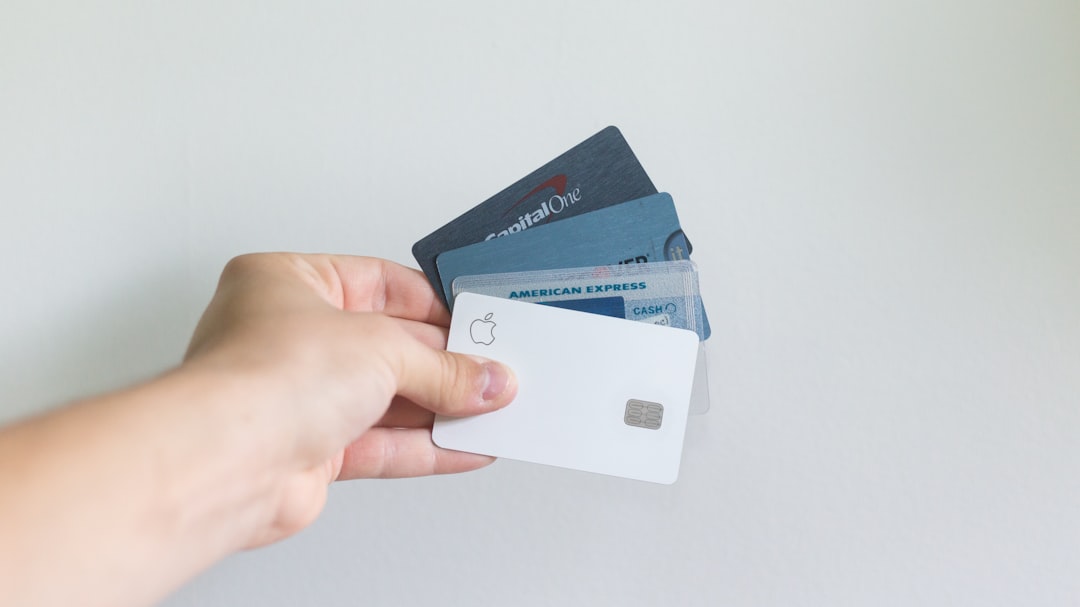Debt Consolidation Loans provide homeowners with bad credit a way to manage multiple high-interest debts by combining them into a single loan with potentially lower rates, simplifying repayment and saving money. These loans use home equity as collateral and require specific criteria, including income stability and significant home equity. By improving credit scores through consistent on-time payments, borrowers can access better financial opportunities in the long term. Lenders include traditional banks, online platforms, and credit unions, with various programs tailored to different credit profiles. Responsible financial habits after securing the loan are crucial for strengthening credit profiles.
Struggling with multiple debts as a homeowner with a low credit score? Bad credit debt consolidation loans could be a lifeline. This comprehensive guide explores how homeowners with poor credit can navigate debt relief through consolidation loans. We’ll delve into understanding these loans, eligibility criteria, and the significant benefits of consolidating debts. Learn from expert strategies to choose the right lender and improve your credit score, offering a clear path to financial freedom. Discover the power of debt consolidation loans for a fresh financial start.
Understanding Debt Consolidation Loans for Homeowners with Bad Credit

Debt consolidation loans are a financial tool designed to help homeowners with bad credit manage and reduce their debt burden. These loans allow borrowers to combine multiple high-interest debts into one single loan with a potentially lower interest rate, simplifying repayment and saving money in the process. For individuals struggling with credit card debt, personal loans, or other unsecured debts, this can be a much-needed solution.
Homeowners with low credit scores often face challenges when applying for traditional loans due to their financial history. However, debt consolidation loans tailored for bad credit recognize that everyone’s circumstances are unique. These loans consider an applicant’s current financial situation and the equity they hold in their home, offering a more flexible approach to lending. By using the homeowner’s property as collateral, lenders can provide access to funds, enabling them to restructure their debts and gain better control over their finances.
Eligibility Criteria for Bad Credit Debt Consolidation

To be eligible for bad credit debt consolidation loans, homeowners must meet certain criteria. Lenders typically look at an individual’s credit score, which should be below 600, as a primary indicator. However, they also consider other factors like income stability, outstanding debts, and the value of their property. Credit scores this low often signal to lenders that an individual may struggle to repay traditional loans on time.
Debt consolidation loan providers aim to help homeowners manage their debt by combining multiple high-interest debts into a single loan with a lower interest rate. This makes repayment more manageable by simplifying billing cycles and reducing overall interest paid over the life of the loan. Lenders will assess an applicant’s financial health, including their credit report, to determine if they can responsibly handle the added debt. A stable income and substantial home equity are often seen as positive factors in making a strong case for a bad credit debt consolidation loan.
Benefits of Consolidating Debts for Low Credit Score Owners

For homeowners with low credit scores, managing multiple debts can be a challenging and stressful experience. High-interest rates and frequent missed payments can further exacerbate the situation. Debt consolidation loans offer a potential solution by combining all outstanding debts into a single loan with a potentially lower interest rate. This simplifies repayment, making it easier to manage and reduce the overall cost of debt.
Additionally, consolidating debts can improve credit scores over time. By demonstrating consistent, on-time payments on a consolidated loan, homeowners can rebuild their credit profile. A stronger credit score opens doors to better loan options in the future, including more favorable terms and rates. This makes debt consolidation not just a tool for short-term relief but also a strategic step towards long-term financial health.
Types of Lenders Offering Debt Consolidation Options

Homeowners with bad credit often find themselves limited in their options for debt relief, but luckily, there are several lenders who specialize in offering debt consolidation loans. These financial institutions understand that not everyone has a perfect credit history and have tailored their services to accommodate borrowers with low credit scores. Among them are traditional banks, online lenders, and credit unions—each with its own unique approach and terms.
Traditional banks often have stringent requirements, but they may offer more competitive interest rates and flexible repayment plans for those with slightly better credit. Online lenders, on the other hand, tend to focus solely on debt consolidation and can provide quicker approvals, making them a preferred choice for many borrowers. Credit unions, being community-based financial cooperatives, often promote inclusivity and have programs designed to support members in improving their financial health through debt management solutions.
Strategies to Improve Your Credit Score Before and After Loan

Before applying for a debt consolidation loan, it’s wise to assess and improve your credit score. One effective strategy is to review your credit report regularly—you can request free copies from each of the three major credit bureaus—and dispute any inaccuracies. Pay down high-interest debt first, such as credit card balances, as this can significantly impact your overall debt-to-income ratio. Additionally, maintaining low credit utilization (the amount of available credit you’re using) is crucial; aim to keep credit card balances below 30% of your limit.
After securing a debt consolidation loan, responsible financial habits will help maintain or even elevate your credit score. Make all loan payments on time; late or missed payments can severely damage your credit. Keep credit card accounts open, even if you don’t use them frequently, to build positive payment history. Consider paying off high-interest debts faster than required to save on interest and further strengthen your credit profile.
Debt consolidation loans can be a powerful tool for homeowners with bad credit looking to regain control of their finances. By understanding the eligibility criteria, benefits, and available lenders, individuals can make informed decisions to improve their financial situation. While improving your credit score before applying is beneficial, even low credit scores don’t always disqualify you from securing these loans. Strategizing to enhance your creditworthiness post-loan can further strengthen your financial foundation, paving the way for a brighter monetary future.
